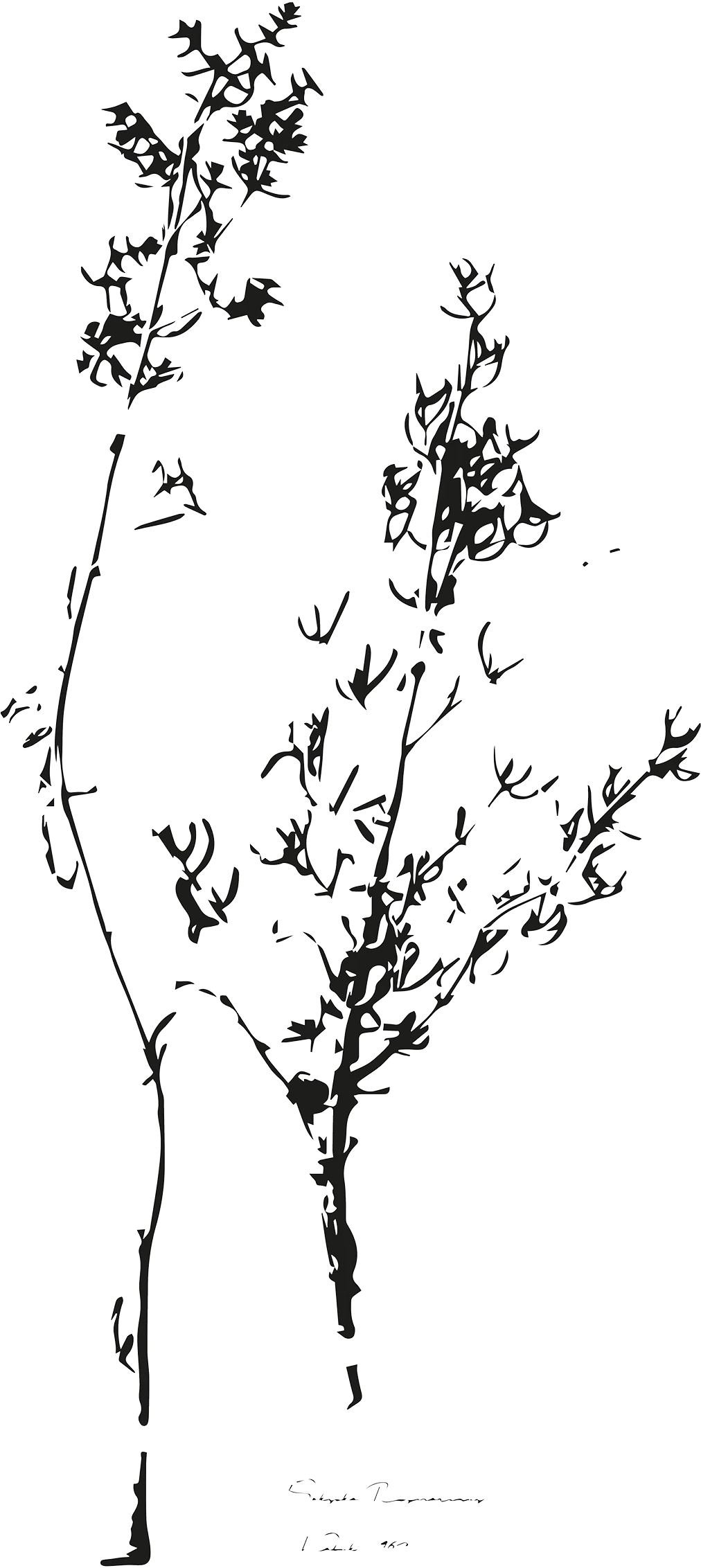Who gets what: our product pricing explained
Going ‘open kimonos’ on pricing is something retail brands very rarely do. And who can blame them, what’s underneath is rarely as sexy as the imagination. However, given our social aims we feel it is especially important to be transparent about where the money behind each product ends up.
First though, its important to explain our approach to pricing. This approach is informed by five key considerations:
(1) We are not a charity and we are proud of that.
We are firm believers in the value of trade over aid. When we lived in Afghanistan we saw how the psychology of aid dependency could stifle the entrepreneurial spirit of talented artisans. It is not in an NGO’s interest to see the businesses they support fail, and yet this knowledge means that businesses performing poorly are propped up long after markets would have forced them to improve in order to survive. This is why the involvement of normal trading relationships are so important for development in countries like Afghanistan. When we buy a product from craftsmen they know we are buying that product for one reason only: we think it is a beautiful, high quality product. They also know that if they don’t perform on an order, we will be forced to find other suppliers. Get competitive, or lose out - there are no blurred lines, and that clarity is ultimately what businesses require to grow. Building a sustainable commercial model also means that ISHKAR will continue to work with artisans in the long run. This is, of course, not always the case for NGOs which are vulnerable to the changing priorities of their donors.
Of course the flip-side to this is that we operate in extremely challenging markets without the aid of donations. To be sustainable we therefore need to factor to make sure we factor in sufficient margins so that we are able to cover all our costs through sales.
(2) We flex our mark-ups according to impact considerations
In the retail sector many companies follow fixed policies surrounding price mark ups. Typically a product purchased from a producer at US$10 would be sold at wholesale for a 2.2-2.5x mark up, which would itself be marked up by a similar level, meaning that by the time it is sold to the customer it is at least five times the price (US$48.4 – US$62.5). At ISHKAR we aim to price below this industry standard mark up where we can, however this is not always possible due to the high logistic costs we face when shipping from countries such as Afghanistan and Yemen. That said, for certain products which we see as particularly impactful (such as the Yemeni lantern seen below) we mark-up by less, ending up with eventual gross profit margins of less than 4% simply to get the product on the shelf at a reasonable price. Equally for products where production costs are competitive, we are able to build in higher margins so that we can then subsidise impactful products in our collection which are not commercially viable on their own.
(3) Where possible we partner with NGOs to ensure our artisan partners are being paid fairly
In many of the countries where we work fair trade and ethical production verification organisations do not operate. In their place, we often work with artisans through NGOs on the ground such as Turquoise Mountain. These NGOs confirm that the artisans we work with are selling their work at a fair price, and that they are working in good and safe conditions. Where they exist, for certain products such as carpets, we also work with industry-specific verification bodies. For instance, in Afghanistan we work with Label Step to ensure that our carpets are being produced by companies which follow strong ethical production standards.
(4) Producing goods in under-developed markets often comes with additional costs
Artisan salaries are just one contributing factor impacting the eventual retail price you see on the website. Unfortunately, exporting from countries like Afghanistan is extremely expensive. Afghanistan, for instance, ranks bottom in the world in the World Bank’s Logistics Performance Indicator Index largely due to the high cost of logistics in the country. Poor infrastructure, lack of insurance, and economies skewed by aid and military money, are all factors which drive up shipping costs. These costs are particularly pernicious for companies such as ourselves, who ship internationally in small quantities.
(5) Ethical goods should not always be ‘cheap’
Occasionally on social media we are told that for a social business our products are too expensive. We are sympathetic to the frustration that high quality, ethically produced craftsmanship sometimes appears to be only reserved for those with means. For this reason we try to maintain a balance of goods on our website so that there is something for everyone, such as sterling silver rings for as little as £30. That said, we also believe that certain goods are necessarily expensive. Carpets regularly take teams of two or three weavers up to 6 months to weave, and sometimes longer. These are luxury goods, and they must have prices to reflect that or be uneconomical for those who make them and sell them.











